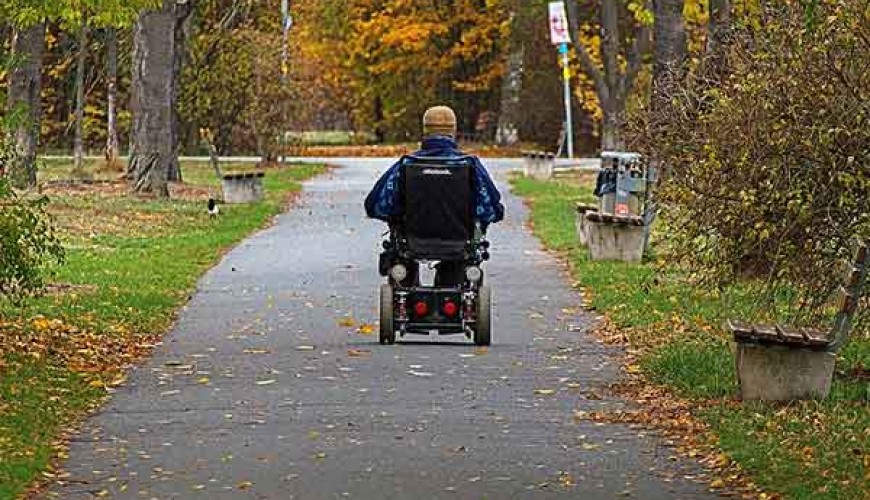Teledelivery of complex wheelchair and seating assessment: A mixed methods realist evaluation of what works for who, in what context and implications for Māori.

Organisation: University of Otago
Date started: December 2021
Wheelchair assessment for those with neuro-motor physical disability is an advanced clinical skill, with few health professionals (occupational therapists and physiotherapists) sufficiently experienced and qualified in New Zealand. Anecdotal evidence in New Zealand and internationally indicates that use of telehealth for wheelchair assessment for people with physical disability was limited during lockdown, and dropped further as lockdown lifted. Our earlier research on the use of telehealth for wheelchair assessment indicates that while wheelchair users are largely enthusiastic for this, many health professional assessors for wheelchairs are reluctant-citing system limitations and professional anxiety as reasons for non-use. Yet, several national experts in wheelchair assessment, maintain that telehealth can play a role in improving access to specialist assessors, thus reducing the lengthy timeframe between identifying mobility needs, and obtaining mobility (wheelchair) solutions. The aim of this study is to determine the context and intervention features that optimise (and preclude) achievement of wheelchair-user mobility goals for tele-delivered wheelchair assessment for people with complex wheelchair needs, and the culturally specific conditions and features for Māori.
This study will use a mixed methods comparative case study design to examine how teledelivered wheelchair assessment is done within current service delivery contexts. Specialist assessors who are already using telehealth as part of their assessments are already engaged as collaborators in this project. This study will examine the process of delivery of telehealth wheelchair assessment with a small number of wheelchair users and local non-specialist assessors to determine the context, mechanism and outcome combinations associated with successful use of telehealth.
18-08-2023 This study is in the final stages of analysis and reporting.
(Photo supplied courtesy of the University of Otago)
If you would like more information about this project, please email us.
